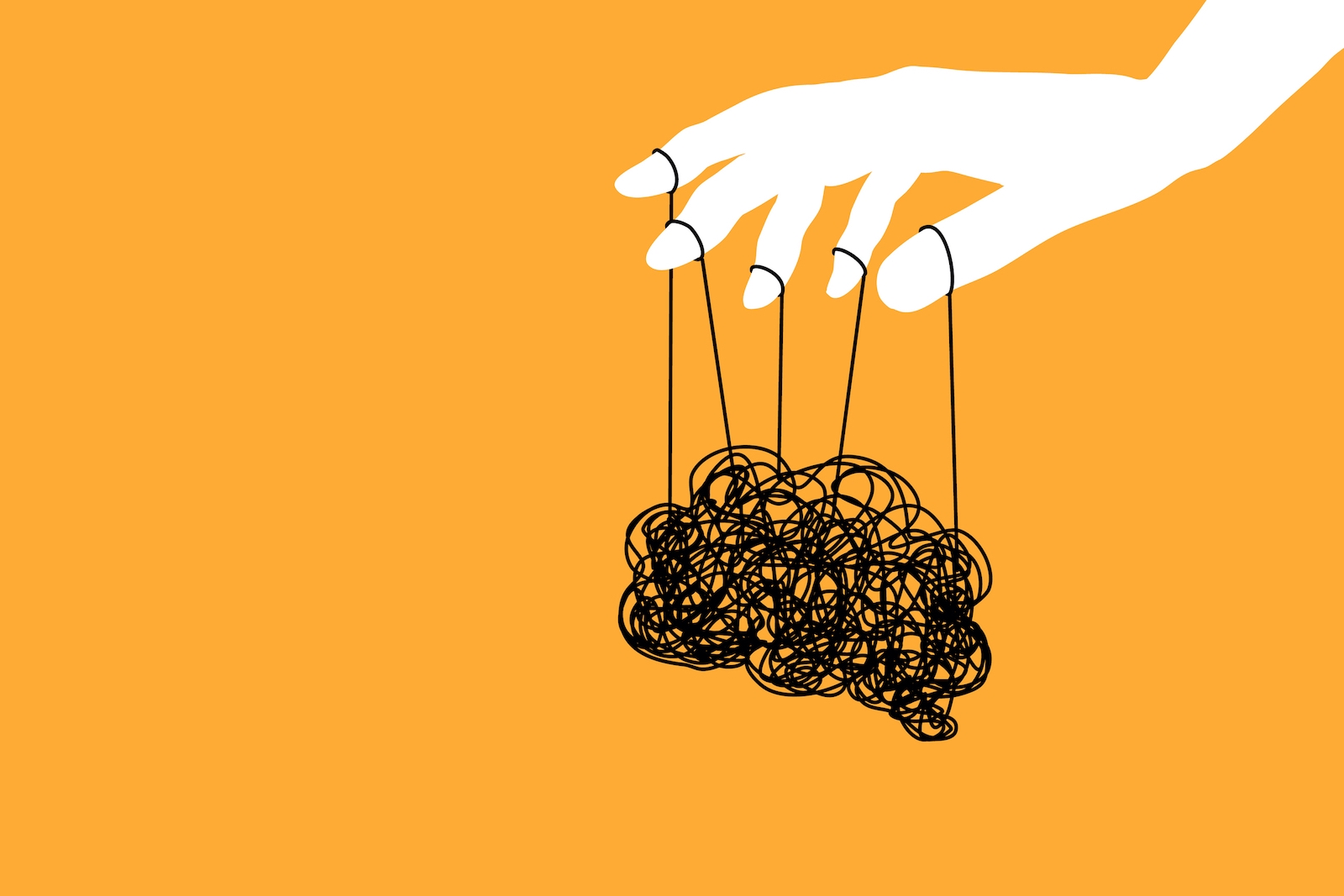
Health
Signs that Your Friend Needs Help
Studies show that at least 84% of employees are suffering from some form of mental health issues. When someone asks you, “how are you doing?” and you reply, “I’m just fine,” it is a natural response. But there is a difference.
When you ask, “Hi, how are you doing?” and you get a response of “I’m good, how are you?” you are creating a conversation between two people but not paying attention. But when you ask, “Hey, how are you?” with concern, thought, and meaning, people start paying more attention.
We live in the digital age with so much access to the Internet, creating more anxiety about the world around us. More and more people, especially children, are diagnosed with anxiety and other mental health issues. It is more important than ever to notice the warning signs in your friends or family.
A few of these signs include behavior changes, lack of productivity, low levels of engagement, and disinterest in work and day-to-day activities.
Because it takes place in a person’s head, the first sign is often difficult to see, so chances are you will not notice it right away.
However, if a friend, colleague, or family member starts changing their behaviors and patterns, that is your second sign that something is wrong. These changes might take the form of them skipping breakfast and sleeping in when they are usually up at a particular time, and always eating breakfast before starting their day.
Following the changes in behaviors and patterns will be a change in attitude. They may start acting like they do not exist in groups or not interacting at all.
Because everyone is different in their behaviors and patterns, these changes will manifest in different ways.
The most important thing to help your friends and family is to love them. Most of the time, people are at the lowest of their lives before they seek any help. They lacked something in their lives before they came to you, so showing them you love them and that you care is number one. Love says, “I support you,” “I’m here for you,” “No matter what is going on, I’m not going to change my outlook of you.” Showing them you care is a big step to helping them recover.
Also, being consistent with them helps give them a better sense of self-awareness. It lets them ask, “What do I like? What do I not like? What is something I want to do or not do?” Discovering a new sense of self-awareness is going to aid them in their recovery.
When someone tells you what they want to do, you must hold them accountable and listen to why they made their decisions. Their decisions, whether to pursue doing something or not doing it, lead them down different paths. One trigger can cause someone to relapse right back to where they started, but by holding them to what they said and supporting them, one may help keep this relapse from happening.
There are so many independent variables in the world around us today with social media, technology, and different influences. Knowing the signs of a change in mental health and learning how to approach those changes, one is helping make a difference in the lives of others.

